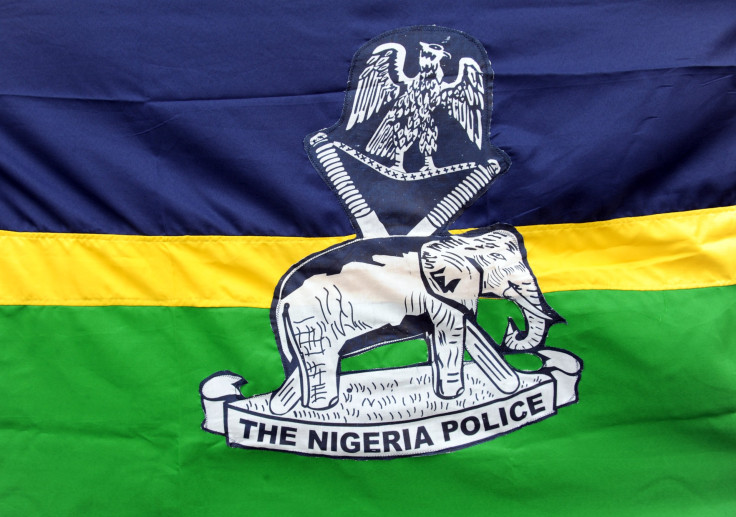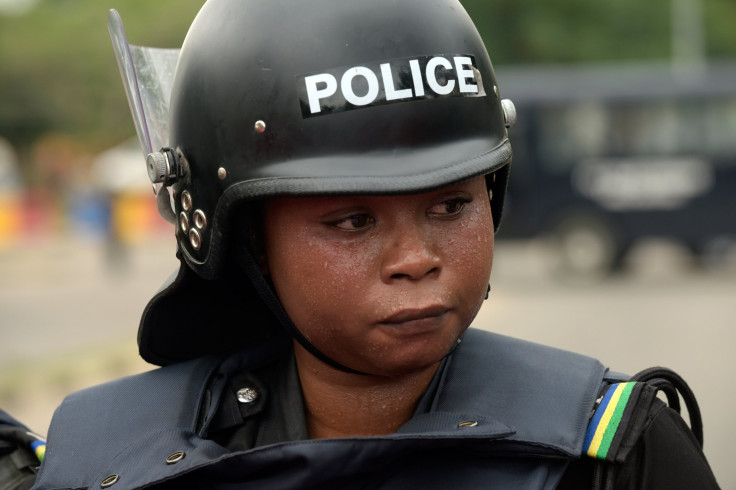Nigeria Police Extortion: Buhari Warns Against Corruption In National Force

Nigerian President Muhammadu Buhari on Thursday warned police officers in the West African nation against extorting money from jobless youth applying to join the force. Buhari told law enforcement officials that the corrupt practice of forcing applicants to pay bribes would not be tolerated, according to local newspapers in Nigeria.
Speaking with Nigeria’s police affairs ministry and the police service commission, Buhari said the Nigerian police force must shun every form of extortion during recruitment and training. The Nigerian leader also directed Inspector General of Police Soloman Arase, who was appointed by former President Goodluck Jonathan, to reduce the number of officers attached to dignitaries. As the highest ranked officer, Arase is charged with the operational and administrative command of the Nigeria Police Force's roughly 360,000 personnel.
“You must ensure that the recruitment process is transparent. Those who will conduct the recruitment must be above board. It should not be heard that they receive gratification or extort money from those who want to enlist in the police,” Buhari said at the presidential villa in Abuja on Thursday, according to Premium Times newspaper.

The Nigerian president advised the police service commission to review the current structure of the force and make recommendations on how to boost morale amid a years-long lack of promotions of personnel. Permanent Secretary of the Ministry of Police Affairs James Obiegbu cited limited personnel, diminishing finances and rundown training schools as some of the challenges facing the country’s police force, according to the Nation newspaper.
The Nigeria Police Force is charged with internal security, ensuring the maintenance and enforcement of law and order, preventing crime, community policing, among other duties. But widespread corruption in the force was exposed in a 2010 report by Human Rights Watch. The 102-page report published by the international rights group documented how institutionalized extortion, a profound lack of political will to reform the force and impunity have made police corruption a deep-seated issue. The report called on Nigerian authorities to improve budgetary transparency and to investigate police officers at all ranks involved in crooked practices.
"Good policing is the bedrock for the rule of law and public safety," Corinne Dufka, senior West Africa researcher at Human Rights Watch, said in a statement after the report’s release. "The long-term failure of the Nigerian authorities to address police bribery, extortion, and wholesale embezzlement threatens the basic rights of all Nigerians."
© Copyright IBTimes 2024. All rights reserved.





















